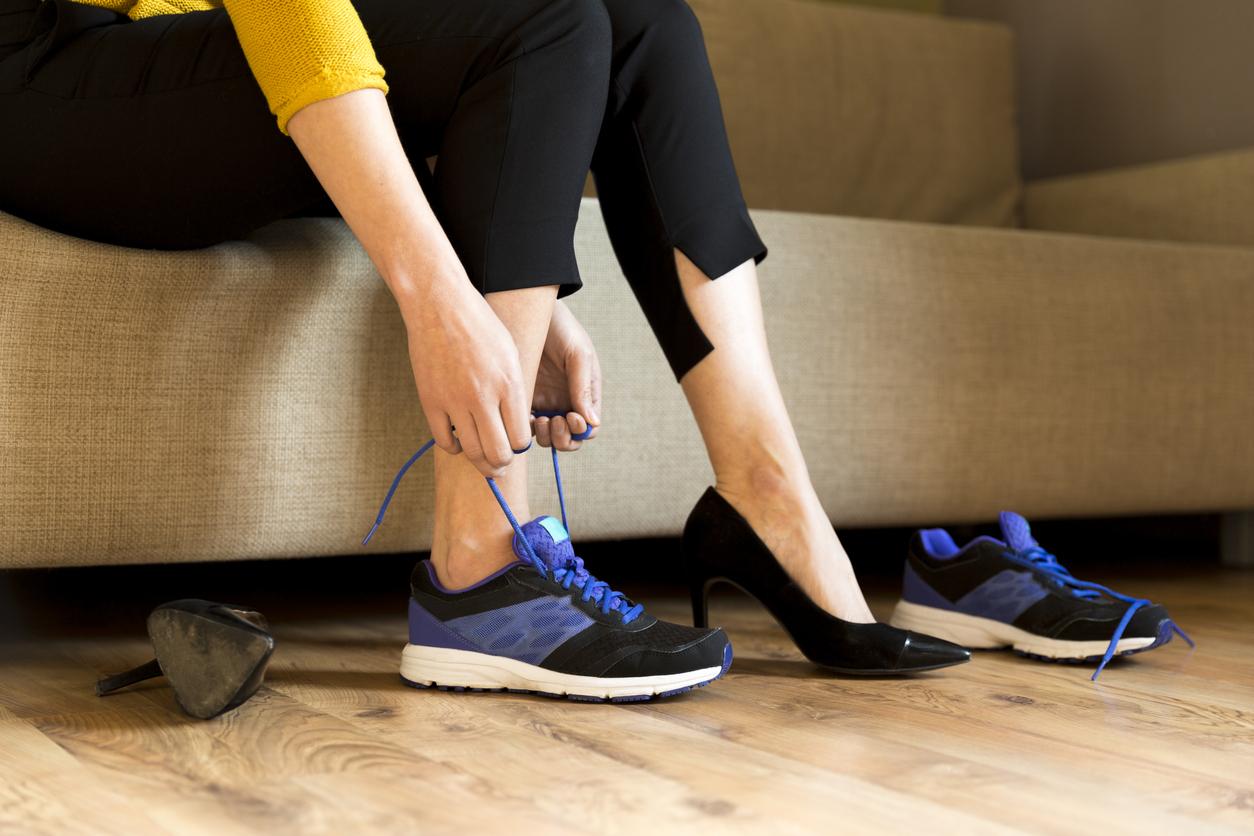
7 frequently asked questions (and the answers)
That’s scary! You are an adult for a long time, and suddenly you get a blow from your demented father, mother or partner. Read where this behavior comes from and how you can (perhaps) prevent it in the future.
1. Do all people with dementia become aggressive?
Luckily not. There are plenty of people who remain gentle. But others will suddenly kick, hit, bite, swear or curse in some situations. Also people you don’t expect at all, because they never reacted that way before. This can happen at all stages of dementia. As a carer, that’s tough to deal with. You are not only startled because of the blow, kick or name-calling, but also because you no longer recognize your neighbor. It suddenly becomes (extra) clear that the person you love very much has changed because of the dementia.
2. Where does the aggressive behavior come from?
In dementia, the brake on emotions becomes less. People who used to be able to control themselves just fine, now sometimes react more fiercely and violently. And those who have always been aroused, often get an even shorter fuse. But there are more possible causes: people with dementia notice that their memory is failing. They recognize their environment and people less and less well. That is of course very sad to experience. Frustration and powerlessness about this can turn into aggression. Not understanding what’s going on around you can also be scary and threatening. Swearing, hitting or kicking is then a reaction to this ‘danger’. Anything to get out of the ‘threatening’ situation. Aggression can also be a way of expressing physical complaints. This is especially true for people who are no longer able to indicate what is going on. They may have pain, a bladder infection, or imbalanced blood sugar. Or not hearing or seeing well. Contact your doctor if you feel there is a physical cause.
3. Does it help if I get angry myself?
No, although it is understandable. After all, you do your best to take good care of someone. Then it feels very unreasonable to just get hit or be called something ugly. The problem is, if you get angry too, your loved one will feel even more frustrated or anxious. And it will possibly become even more aggressive. So don’t. Remember that the aggression is not aimed at you as a person. It is a symptom of the disease. In addition, your loved one simply cannot make it clear in any other way that he or she is angry, afraid or frustrated.
4. Can we talk about it?
It is helpful if you can find out why your loved one became aggressive. Then you may be able to avoid getting into such a situation again in the future. But you can only talk if you notice that your loved one also wants to. And if he or she still remembers the incident. Chances are that you will get a response along the lines of: “No, I didn’t do that. I would never do such a thing.” That’s because your loved one really doesn’t know what happened anymore. In that case, do not elaborate further and certainly do not allow yourself to be tempted into a discussion.
5. How can I respond?
Keep your distance and don’t touch your neighbor. Don’t show it if you’re scared. Your loved one is looking for support and safety. So calmly tell them that no one wants to harm him or her. Your loved one may not understand everything you say, but your tone can be calming. When things have calmed down somewhat, you may be able to do something fun. Distraction is always good. Is the situation very threatening? Then it is better to leave your loved one alone for a while, or give them the opportunity to go to another room. It is also safer for you at such a moment to distance yourself.
6. What can I do to prevent recurrence?
Unfortunately, you cannot always prevent your loved one from scolding or hitting again. However, you can reduce that chance by not scaring him or her by unexpected situations. For example, clearly indicate that you are walking into the room or when visitors are coming.
Don’t take too much off your hands. You may want to help get dressed or make bread. But that leads to frustration if your loved one (with some help) can still do it themselves. So make sure he or she feels useful. Only take over tasks if you can do so unnoticed or if your loved one asks. And never do it in a corrective way.
7. Can I get help?
It is very hard to care for someone who acts aggressively towards you. Therefore, discuss aggression with your doctor and case manager. Also, make sure you have some time for yourself on a regular basis. This helps to better understand the situation and to recharge your battery.
The Trimbos Institute and Alzheimer Nederland have made an online video training about coping with changing behavior in dementia. Watch it via www.dementie.nl/online-training.

















